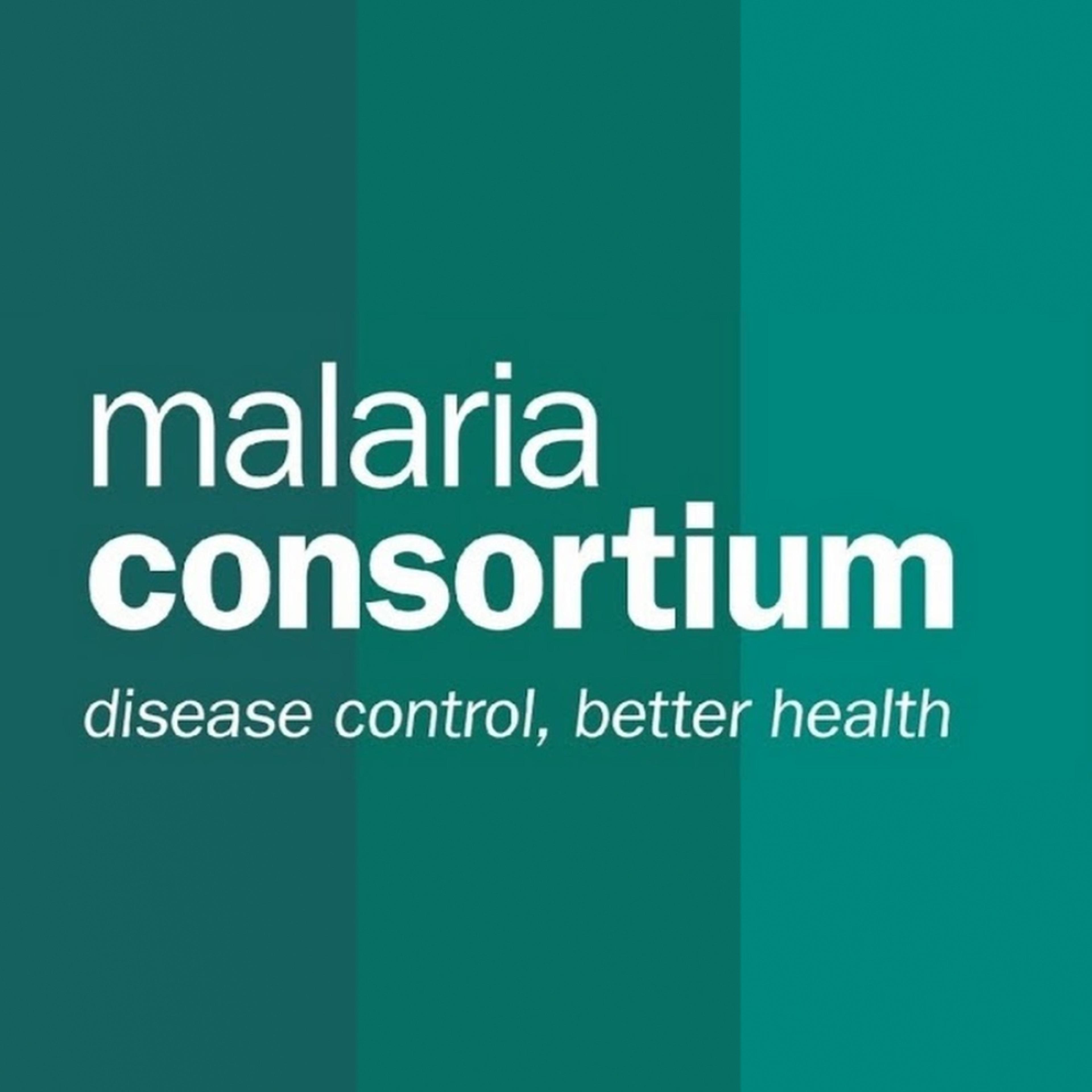
Malaria Consortium
Seasonal Malaria Chemoprevention
The Seasonal Malaria Chemoprevention program protects children from malaria by distributing preventative medication at times of high transmission.
What problem is Malaria Consortium working on?
Malaria kills around 600,000 people each year, the majority of whom are children under 5. Malaria Consortium reports that malaria, a preventable and treatable disease, threatens 3.2 billion people globally.
What does Malaria Consortium do?
Malaria Consortium’s mission is “to improve lives in Africa and Asia through sustainable, evidence-based programmes that combat targeted diseases and promote universal health coverage.”
Malaria Consortium fights malaria and other diseases through a variety of strategies and programmes. Its seasonal malaria chemoprevention (SMC) programme distributes preventative antimalarial drugs to young children, who are most vulnerable to the disease, during times of peak malaria transmission.
Through its SMC programme, Malaria Consortium:
- Provides antimalarial medicine (usually through door-to-door delivery) to children in at-risk areas during seasons of particularly high transmission rates. In 2023, Malaria Consortium distributed SMC treatments to 25 million children in seven countries.
- Partners with governments and national malaria programmes to leverage existing healthcare structures and ensure the sustainability of SMC as an intervention.
- Conducts phased implementation programmes and studies to evaluate the feasibility and impact of scaling-up and expanding into new countries.
- Monitors and evaluates its existing programmes to ensure impact and identify improvement areas. Malaria Consortium conducts surveys to determine how successfully its programmes reach the targeted population. These surveys have found high rates of reach.
- Engages with a variety of organisations, institutions, and agencies to advocate, fundraise, and share research and knowledge related to malaria prevention and programme implementation. It is a leader in the SMC Alliance and chairs its research sub-group.
- Promotes community acceptance of SMC programmes.
Why do we include Malaria Consortium’s SMC programme on our list of recommended programs?
Malaria Consortium’s SMC programme is recommended by the impact-focused charity evaluator GiveWell, which we looked into as part of our 2025 evaluator investigations. We concluded that GiveWell’s recommendations are well-suited to helping donors maximise the impact of their “dollar” in the global health and wellbeing space. You can read our report on GiveWell here, and GiveWell’s extensive evaluation of Malaria Consortium’s SMC programme, which highlights its cost-effectiveness, here.
Malaria Consortium’s SMC programme has been a GiveWell Top Charity since 2016. GiveWell estimates that the cost of protecting one child from malaria through this program is about $7 — $1.66 for one of (typically) four monthly treatments and that approximately $5000 is enough to save a life.
At Giving What We Can, we focus on the effectiveness of an organisation's work -- what the organisation is actually doing and whether their programs are making a big difference. Some others in the charity recommendation space focus instead on the ratio of admin costs to program spending, part of what we’ve termed the “overhead myth.” See why overhead isn’t the full story and learn more about our approach to charity evaluation.